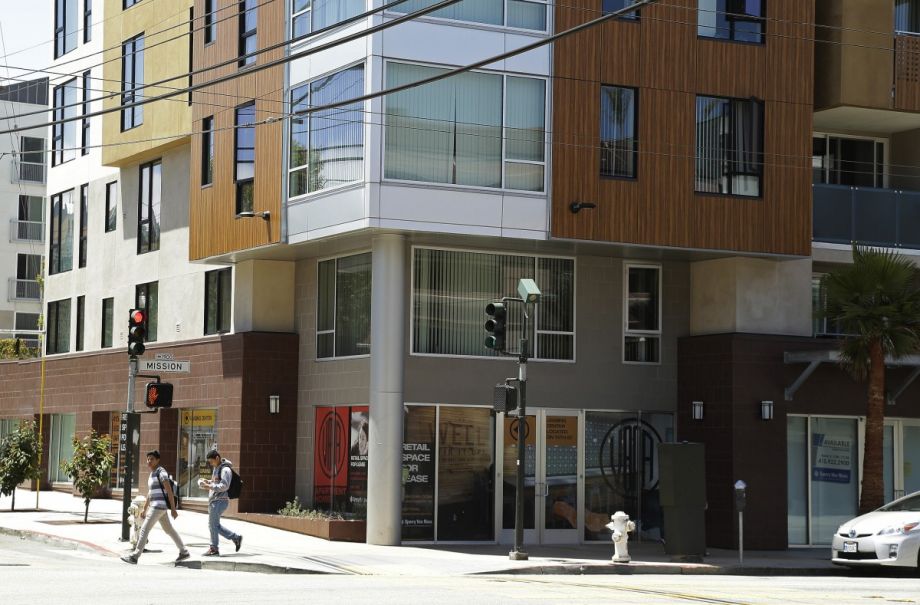Harvard University released its annual housing report today, and the findings aren’t all that surprising. The price of rentals is on the rise, increasing numbers of people are choosing to rent rather than buy, and more and more people are struggling to cover the costs of housing each month, even as the economy continues to climb out of the recession’s hole.
While the State of the Nation’s Housing 2016 report, compiled by the Joint Center for Housing Studies, notes that the housing market is showing signs of an upswing, the country still faces an affordable housing crisis, and things look particularly bleak for renters, both who hope to own a home in the future or who plan to rent long-term.
“The question is not so much whether families will want to buy homes in the future, but whether they will be able to do so,” said Chris Herbert, managing director of Harvard’s Joint Center for Housing Studies, in a statement.
Despite its potential for an impending uptick, homeownership continues to decrease, sliding to just 63.7 percent last year. As millennials move into their 30s and beyond, that could pick back up. However, student debt could be holding them back, as could cultural factors such as marrying and having children later in life. The researchers write:
Although student loan payments should not limit the homeownership options of most households, this may not be true for the nearly one-fifth of indebted young renters whose payments exceed 14 percent of monthly income, a level the Consumer Financial Protection Bureau considers highly burdensome.
Decreased home ownership has made the rental market even more competitive, and vacancies are low across the country. The report states that “rental demand has risen across all age groups, income levels, and household types, with large increases among older renters and families with children.”
Poverty has also become increasingly concentrated. In 2014, nearly 14 million people lived in neighborhoods with poverty rates of at least 40 percent, up from 6.5 million in 2000.
All of these factors have contributed to the growing number of households paying more than 30 percent of their income on housing. The researchers write:
On the renter side, the number of cost-burdened households rose by 3.6 million from 2008 to 2014, to 21.3 million. Even more troubling, the number with severe burdens (paying more than 50 percent of income for housing) jumped by 2.1 million to a record 11.4 million.
The report also notes that the burden of this crisis has fallen largely on municipalities, who are struggling to expand affordable housing and rental assistance. And these local efforts, Hebert notes, are not enough.
“These efforts are falling far short of need,” he said. “Policymakers at all levels of government need to take stock of what can and should be done to expand access to good-quality, affordable housing that is so central to the current well-being and potential contribution of each and every individual.”
Kelsey E. Thomas is a writer and editor based in the most upper-left corner of the country. She writes about urban policy, equitable development and the outdoors (but also about nearly everything else) with a focus on solutions-oriented journalism. She is a former associate editor and current contributing editor at Next City.
















